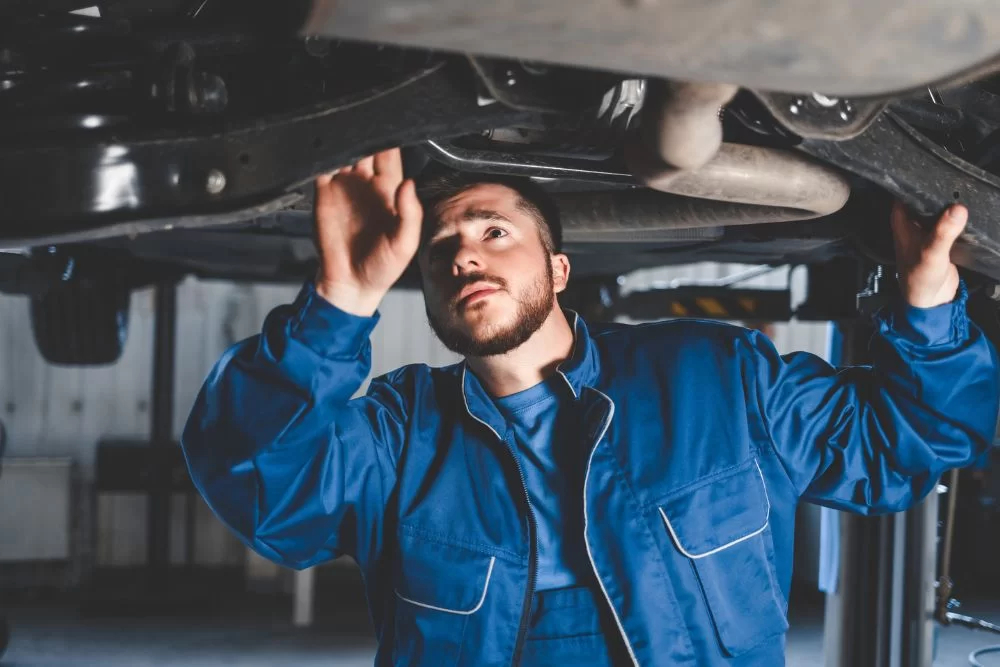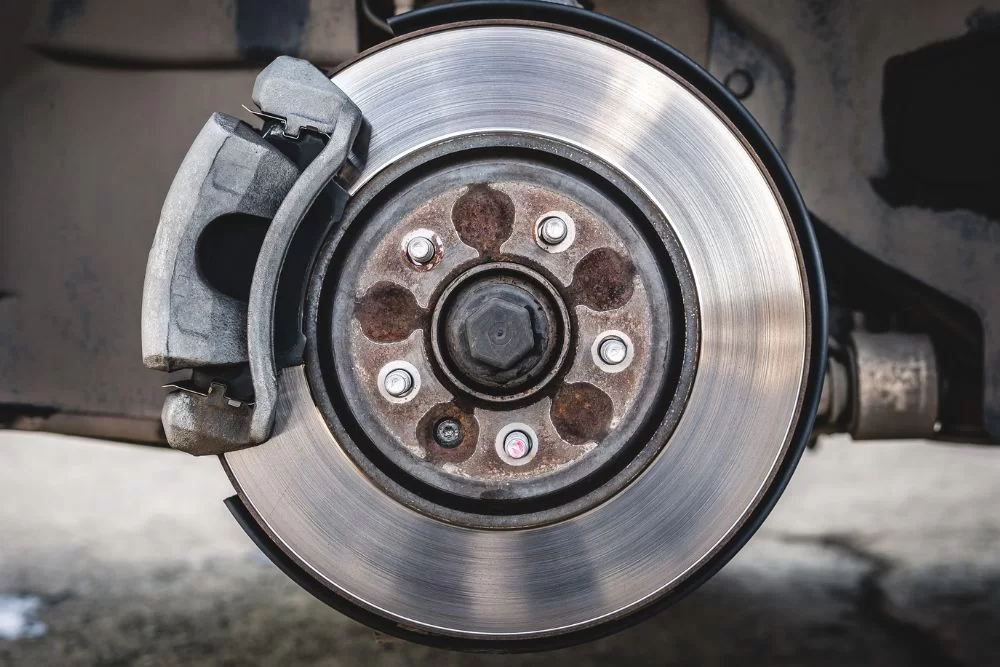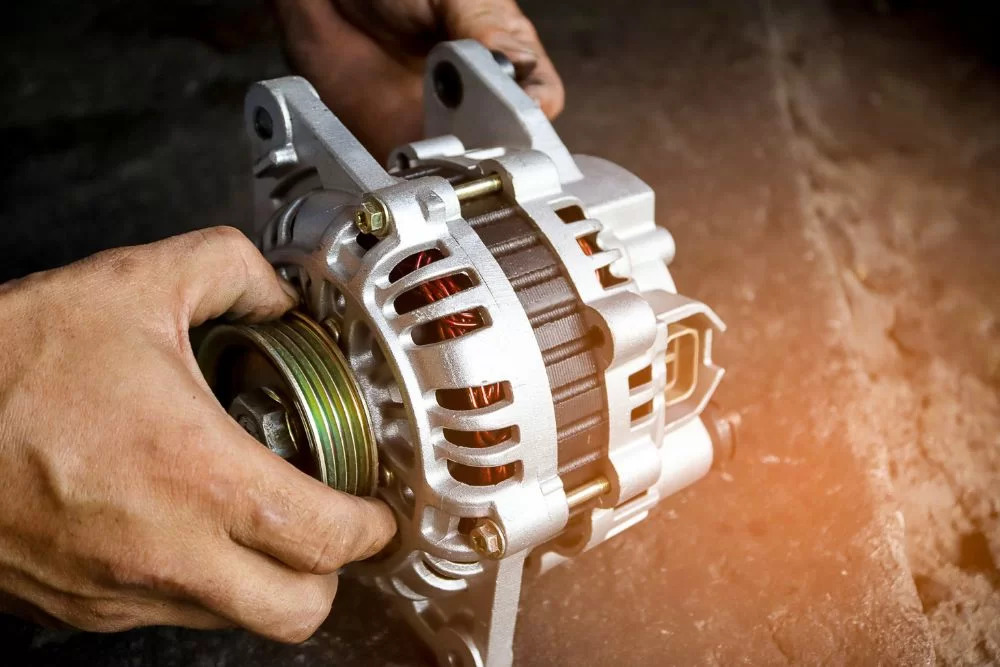Filters and Fluids: Essential Maintenance for Your Vehicle’s Longevity
Regular maintenance is the key to keeping your vehicle running smoothly and extending its lifespan. When it comes to auto repair and maintenance, paying attention to your oil, filters, and fluids is crucial. Filters help keep harmful contaminants out of your engine and cabin, while fluids ensure proper lubrication, cooling, and functionality of various components. In this blog post, we will explore the importance of filters and fluids in auto repair maintenance, their role in vehicle performance, and essential tips to keep them in optimal condition.
Engine Air Filter
The engine air filter plays a vital role in maintaining the health of your vehicle’s engine. It prevents dirt, dust, debris, and other contaminants from entering the engine, ensuring clean air for combustion. Over time, the air filter becomes clogged, restricting airflow and reducing engine efficiency.
A dirty air filter can lead to decreased fuel economy, reduced power output, and even engine damage. Regularly inspecting and replacing the engine air filter according to the manufacturer’s recommendations prevents the need for further engine service.
Cabin Air Filter
The cabin air filter is responsible for filtering the air that enters your vehicle’s interior through the heating, ventilation, and air conditioning (HVAC) system. It traps dust, pollen, pollutants, and other airborne particles, ensuring clean air for you and your passengers. A dirty cabin air filter can lead to unpleasant odors, reduced HVAC performance, and increased allergy symptoms. It’s important to check and replace the cabin air filter regularly to maintain good air quality inside your vehicle.
Engine Oil
Engine oil is the lifeblood of your vehicle’s engine. It lubricates moving parts, reduces friction, and helps dissipate heat generated during combustion. Over time, engine oil degrades, losing its lubricating properties and becoming contaminated with dirt and debris. Regular oil changes are crucial to maintaining engine health and preventing premature wear and damage. Consult your vehicle’s owner manual for the recommended oil change intervals and use the proper oil viscosity grade for your engine.
Transmission Fluid
The transmission fluid serves as both a lubricant and a hydraulic fluid in automatic transmissions. It helps facilitate smooth gear shifts, reduces friction and heat, and protects internal components from wear. Over time, transmission fluid can break down and become contaminated, leading to rough shifting, slipping gears, and transmission damage. Regularly checking and changing the transmission fluid according to the manufacturer’s recommendations is essential for ensuring a properly functioning transmission.
Coolant/Antifreeze
The coolant, also known as antifreeze, plays a vital role in regulating engine temperature and preventing overheating. It circulates through the engine and radiator, absorbing heat and dissipating it through the radiator. Over time, coolant can become contaminated or lose its effectiveness, putting your engine at risk of overheating. Regularly checking coolant levels and flushing the cooling system at recommended intervals can help prevent engine overheating and costly repairs.
Other Essential Fluids
In addition to engine oil, transmission fluid, and coolant, several other fluids require regular attention:
Brake Fluid
Brake fluid transfers the force from your foot on the brake pedal to the brakes themselves. Regularly checking brake fluid levels and replacing it prevents the need to repair or replace your brakes.
Power Steering Fluid
Power steering fluid facilitates smooth and easy steering. Checking the power steering fluid level regularly and topping it up when needed ensures responsive and effortless steering.
Windshield Washer Fluid
Windshield washer fluid keeps your windshield clean for better visibility. Regularly topping up the washer fluid reservoir prevents running out during critical moments.
Keep Up With Your Filter and Fluid Maintenance
Proper maintenance of filters and fluids is essential for keeping your vehicle running smoothly and maximizing its longevity. Regularly inspecting and replacing engine air filters, cabin air filters, engine oil, transmission fluid, coolant, and other fluids will help ensure optimal performance and prevent costly repairs down the road.
Remember to consult your vehicle’s owner manual for specific maintenance intervals and recommendations. If you’re unsure about the maintenance requirements or need assistance, it’s always best to consult a qualified mechanic or service professional.
By staying proactive and attentive to the condition of your filters and fluids, you’ll not only enhance your driving experience but also contribute to the long-term health and reliability of your vehicle. Taking the time to perform these essential maintenance tasks will keep your car operating at its best, providing you with peace of mind on the road.
So, prioritize filters and fluids in your regular auto repair maintenance routine and enjoy a smoother, more efficient, and reliable driving experience for years to come!





